|
Our brothers careers have been productive, constructive, spirited, and prosaic. They displayed impressive skills, talents, and abilities They were, and we continue to be, a beautiful and lively expression of our enduring fraternal beliefs, and that underlying harmony is far-reaching in expectation for all brothers’, undergraduate and graduate. It is the core of what our fraternal founders asserted in 1848 and 1874 and 1899: to live active, commendable, and responsible lives, and to build up community. Clearly and compellingly, they added, and continue to add, positive value at the local, state, national, global, and fraternal level because they engaged life fully and responsibly. In short, they were authoritative pillars throughout life. They were-are exemplary in their citizenship, character, and their sense of dutiful responsibility, and, in many instances, they were leading voices in their career fields. They prove that success of any kind does not occur by luck or accident, and we remember them because they continue to provide that message for our time. Their spirit permeates our brotherhood, and it always will. We have long been, from one generation to the next, proud to be Omega Mu Fijis. We continue to cherish our fraternal friendships, our shared memories, and our evolving, forward-focused history at the University of Maine. These things, above and beyond everything else, are the underlying rooted connections that make us proud to be Omega Mu Fijis. Why, after all, should we believe otherwise? We have always exhibited a can-do fraternal spirit since 1874. And, to be sure, all present and future generations of Omega Mu Fijis will continue to do the same, with fraternal enthusiasm and commitment. As a brotherhood, we always see the path behind us and the way forward with equal clarity, and our future remains bright at 79 College Avenue because we fearlessly move forward, always guided by sound fraternal principles, and because of that we are an exceptional brotherhood because we remain committed and hardworking to assure that our Omega Mu brotherhood will continue to be the jewel at the University of Maine. Perge. Omega Mu Portrait John W. Hatch, 1888 Q.T.V. Years First Q. T. V. Chapter Hall. John W. Hatch would have lived in the first and second Q. T. V. Chapter Halls. Second Q. T. V. Chapter Hall during graduation week, early 1890's. Q. T. V. Banquet John W. Hatch's Q. T. V. brothers, Nathaniel E. Wilson and Edward E. Elwell, Jr. Junior Day Exhibition Speeches 1888 Commencement Our Q. T. V. Brothers involved with the 1888 Commencement L-R: Nathaniel E. Wilson, Orator; Edward E. Elwell, Jr., read the class poem. Valedictorian, Dudley E. Campbell. John W. Hatch read the Class Ode. Harvard University After graduating in 1888, John W. Hatch was offered a position to teach science at Maine State College, but he chose to attend Harvard to take additional courses in science. Hampton Institute After finishing his year of study at Harvard, John W. Hatch taught and supervised at various schools New England, and then he was chosen to be head of the Science Department at the Hampton Institute, the historic African-American college, in Hampton, Virginia. Hampton Institute Hampton Institute Hampton Institute Science classes at the Hampton Institute Robert R. Moton, who would later become the president of the Tuskegee Institute, was a student of John W. Hatch at the Hampton Institute. After considering an offer to become a professor in the Science Department at the University of North Carolina, Chapel Hill, John W. Hatch decided to study theology at Boston University School of Theology. Boston University School of Theology in the late 1890's. President of Montpelier Seminary After a decade of ministering and teaching in Maine, John W. Hatch was selected to be president of Montpelier Seminary. When John W. Hatch arrived at Montpelier Seminary for his interview with the Montpelier Seminary trustees, in the spring of 1913, the school was in a dire, chaotic state. It was on the verge of going under, and the trustees were faced with a hard decision. They could do the easy thing and simply close the school because of the serious financial concerns that had plagued the school for some time, or should they find a competent leader to meet the financial challenge, as well as multiple other challenges, that had been neglected. The trustees found the leader that Montpelier Seminary needed in John W. Hatch, and after a period of discerning prayer and reflection with his wife, he accepted the position with humility and abiding faith. It was with humility and abiding faith that made him work tirelessly for the entire academic community of Montpelier Seminary, munificently so. His leadership style was beyond the conventional limit of sitting behind the desk and signing papers and giving orders. With apology, he was a leader who balanced reason with faith in in his face-t0-face leadership style with everyone in the seminary community. He was smart, energetic, gracious, and hospitable with everyone; therefore, everyone grew to trust him. There were no half-measures, loose ends, or unfinished business in his work ethic. He believed in thoroughness and hard work, and he was busy from morning till late at night, always maintaining the clear idea where he wanted to positively lead the school, and within a short period of time he had the school moving in the right direction. Nothing hampered him or slowed him down through his eighteen years in leading Montpelier Seminary. He dotted the i's and cross the t's as he successfully addressed every challenge that faced Montpelier Seminary from 1913 until he retired in 1931. With abundant intellectual and spiritual integrity guiding him all of those years, John W. Hatch truly helped the school rise from the ashes of its many problems and brought it back to life, to a brighter future. In fact, the eighteen years when he led the school were a halcyon period of success in the history of Montpelier Seminary. He transformed the school with his unflinching faithful and unselfish service. The trustees were fortunate to have chosen such an inspiring, hardworking, and plain-speaking leader as John W. Hatch. It is unequivocally honest to state that John W. Hatch did save Montpelier Seminary because of his unstoppable perseverance and determination. Therefore, his legacy within our brotherhood, the University of Maine, and all the churches and schools that he served, most particularly Montpelier Seminary, is an honorable one, an inspirational one. Perge. Perseverant Leadership 1931 Montpelier Seminary Commencement "It was only natural that the entire student body should do special honor to the saviour of the school." "The memory of Dr. Hatch would be be forever enshrined in the hearts of all who love Montpelier Seminary." “What if the space be long and wide, That parts us from our brother’s side A soul-joined chain unites our band, And memory links us hand in hand.” (Phi Gamma Delta fraternity song) Fraternally,
Chip Chapman, ’82 Perge
0 Comments
Leave a Reply. |
Archives
December 2024
Categories |
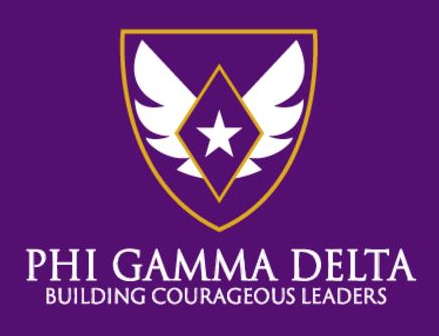
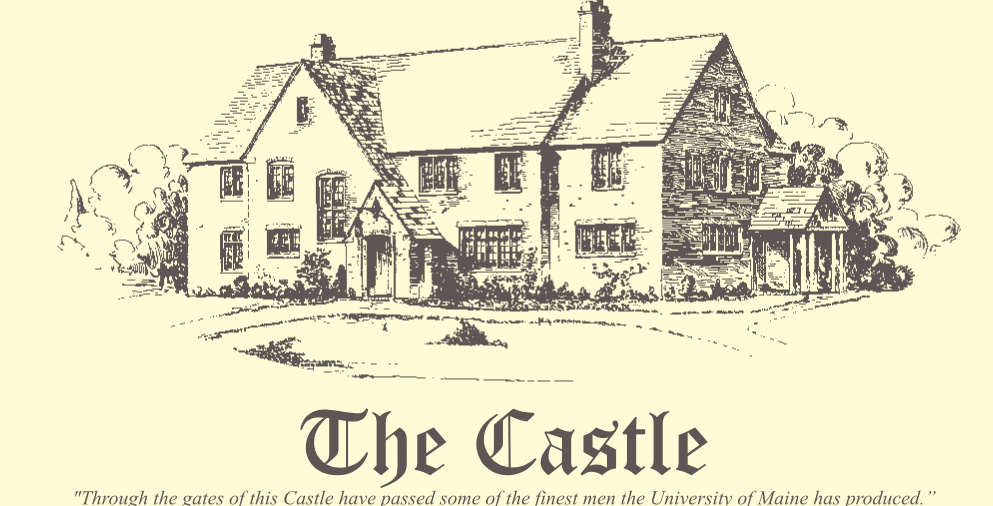
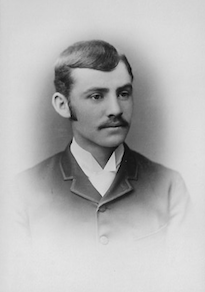
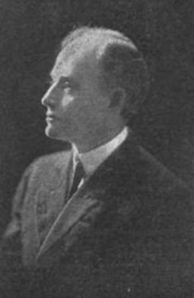

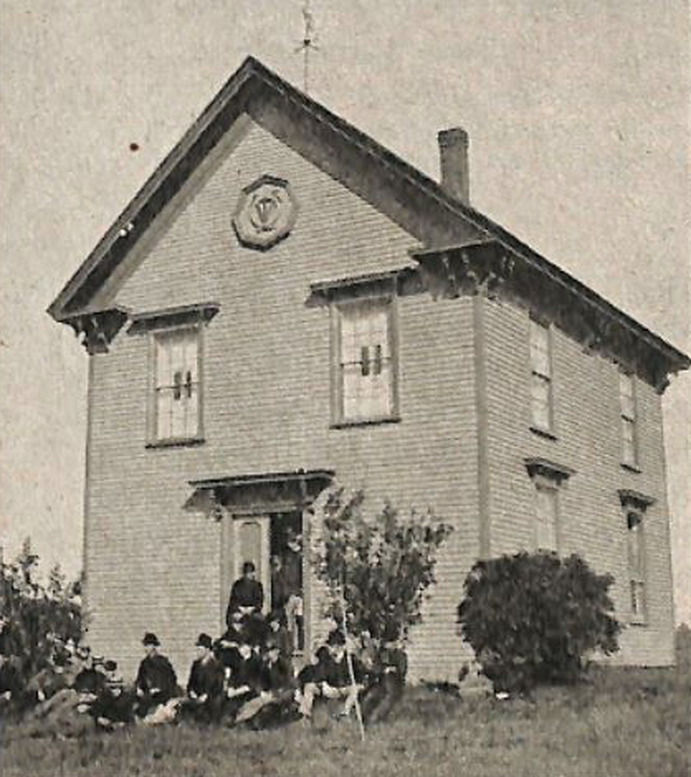
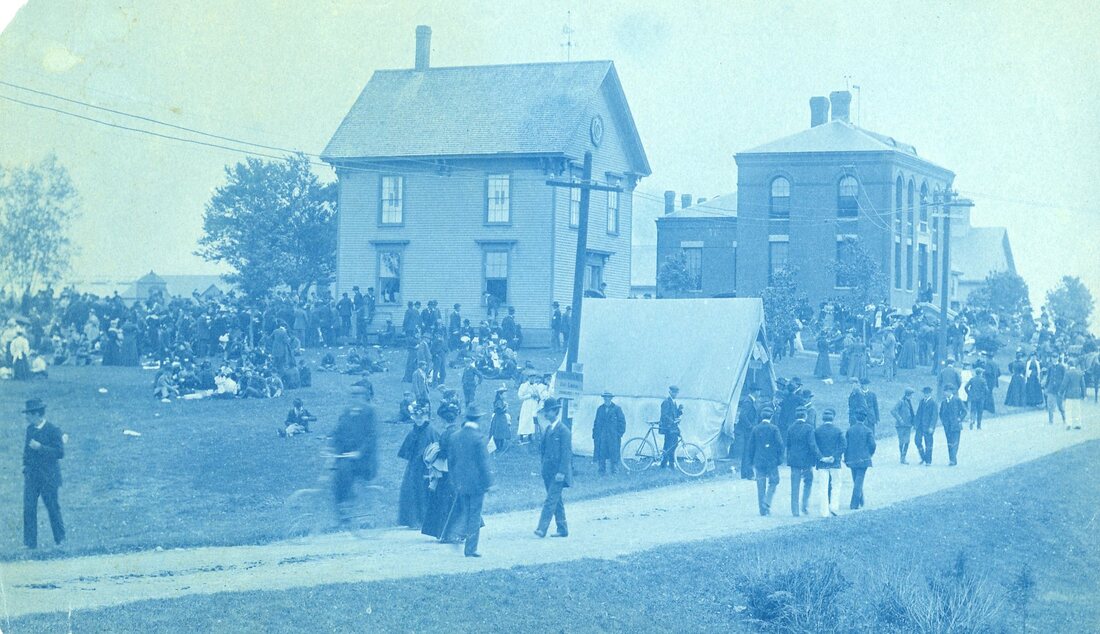

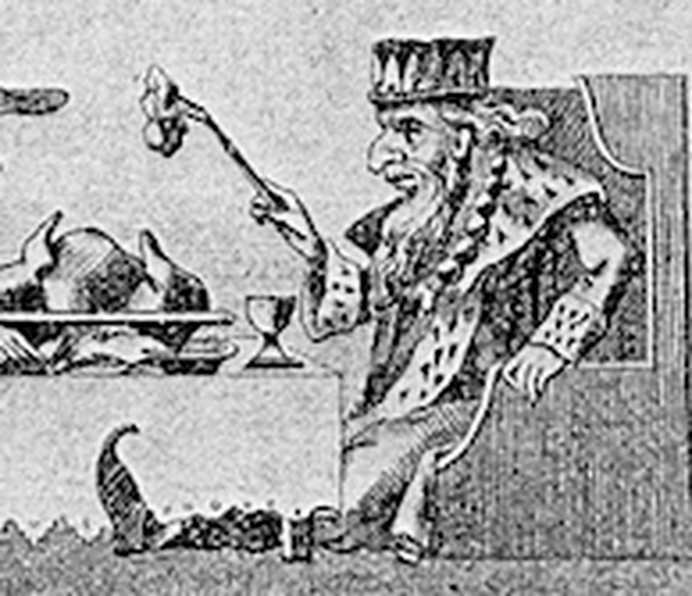
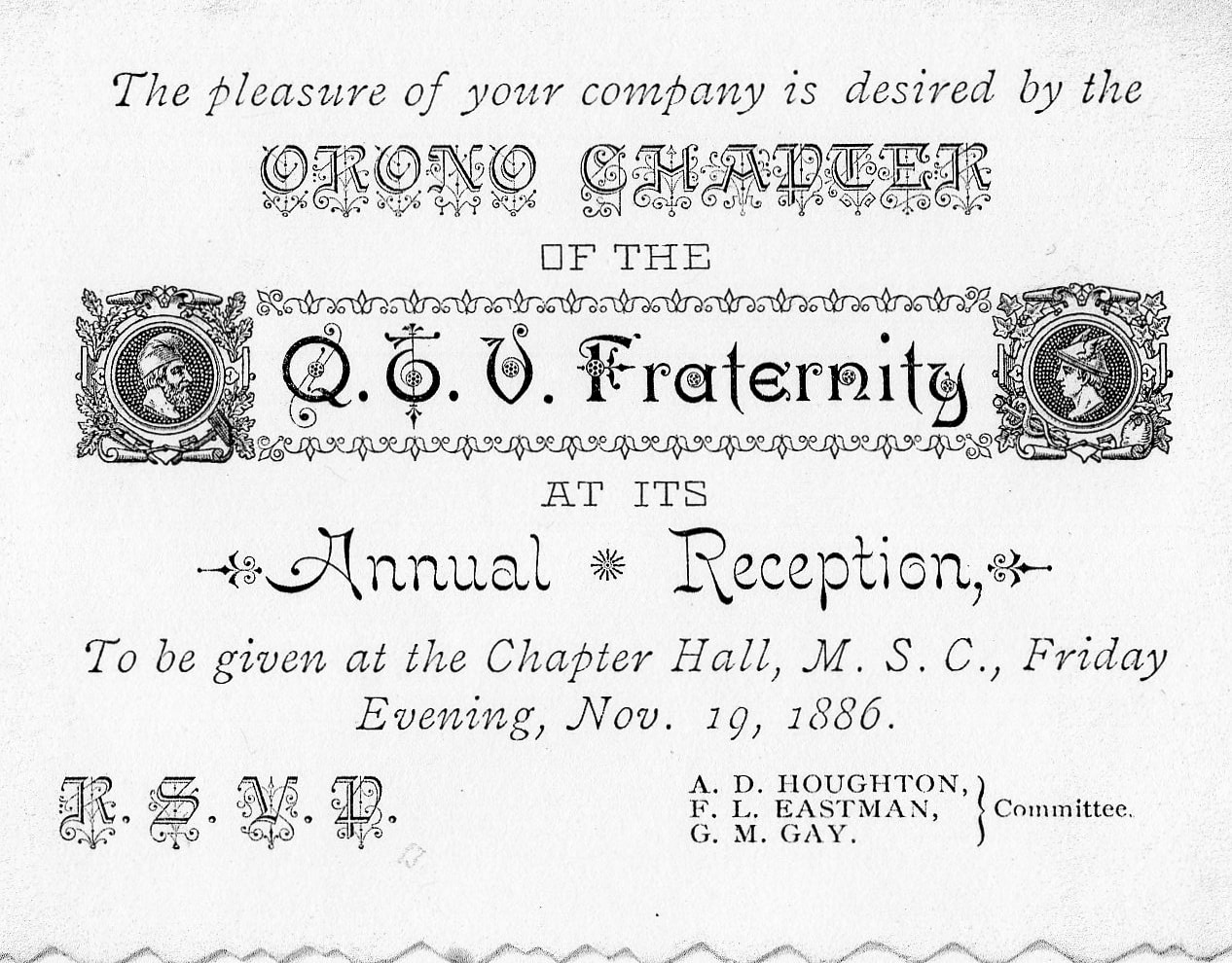
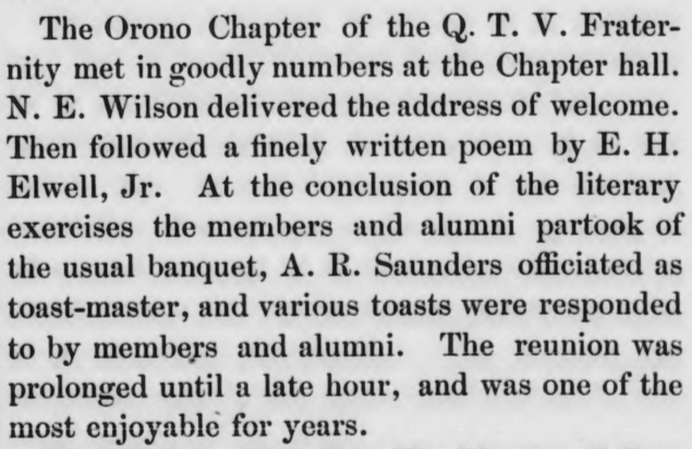
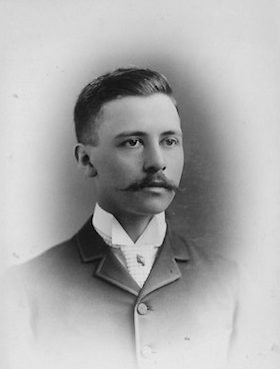
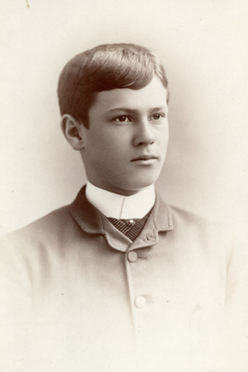
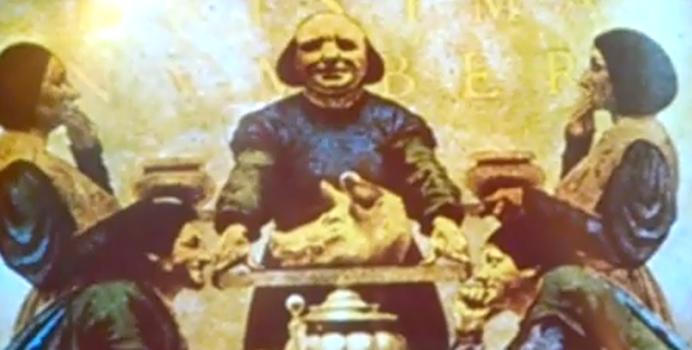
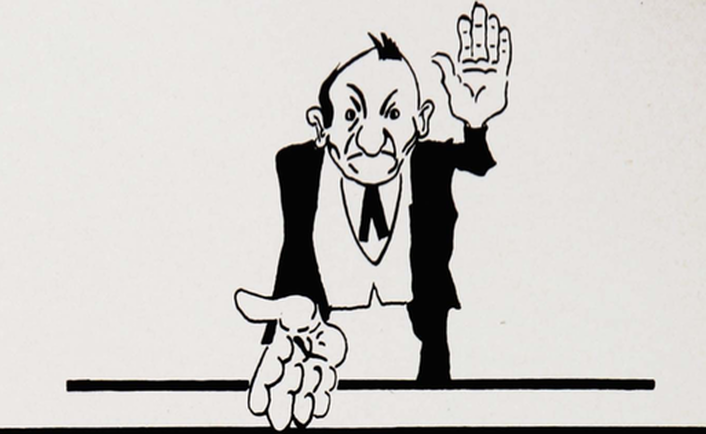

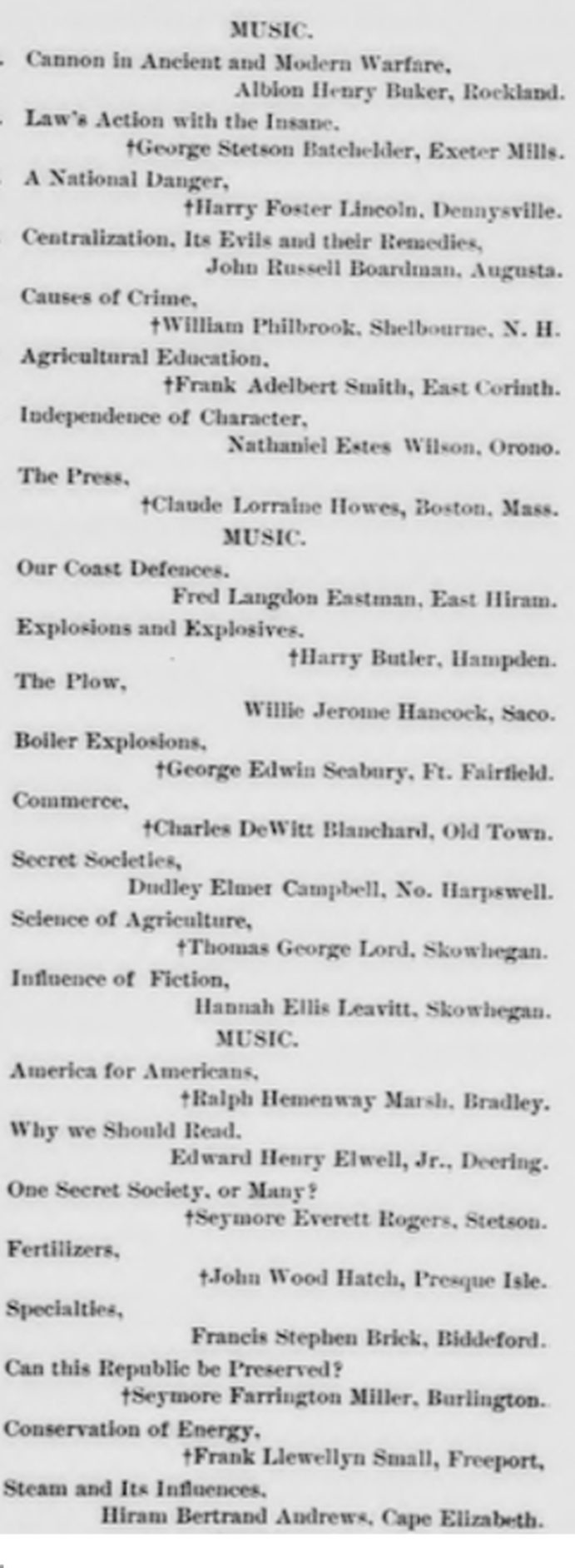

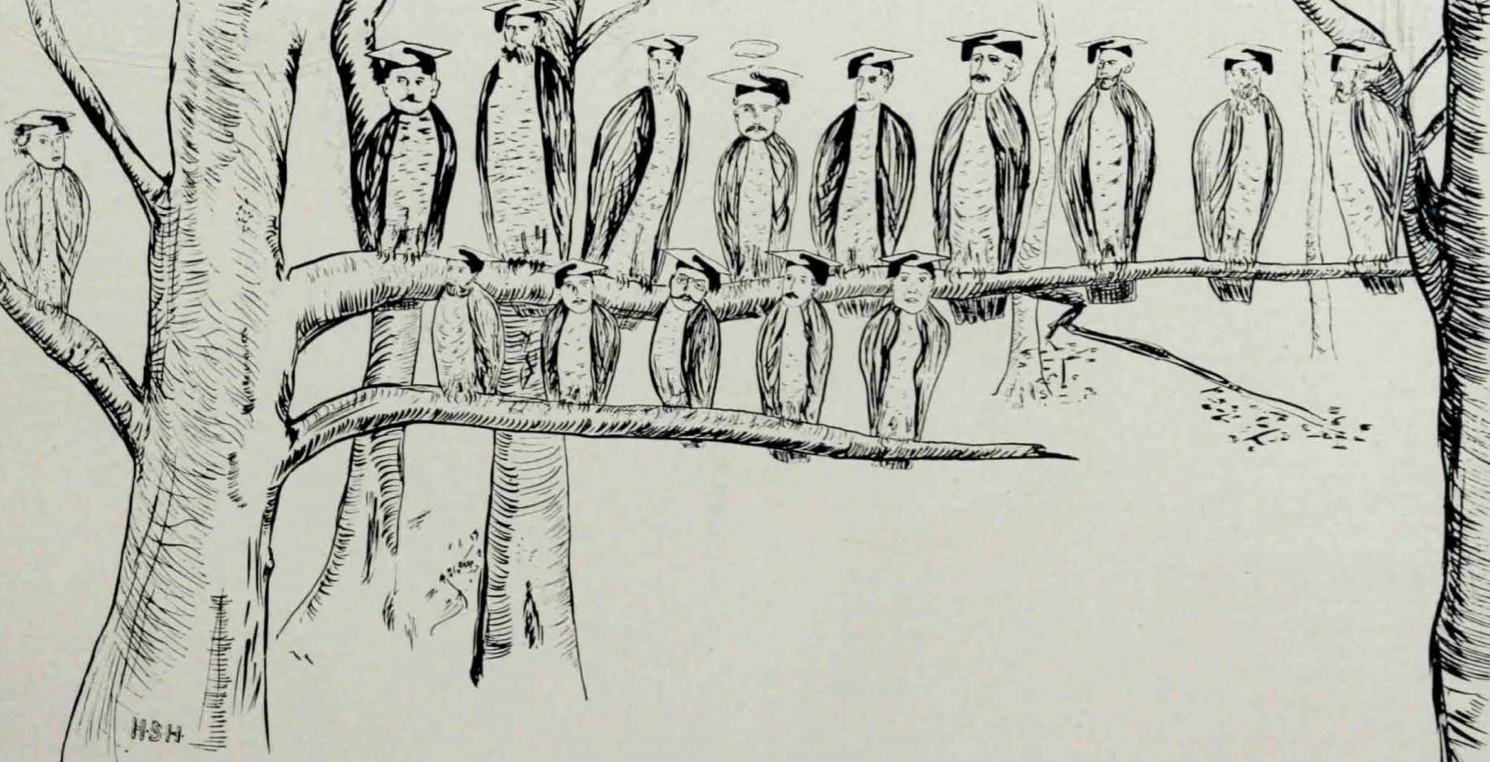
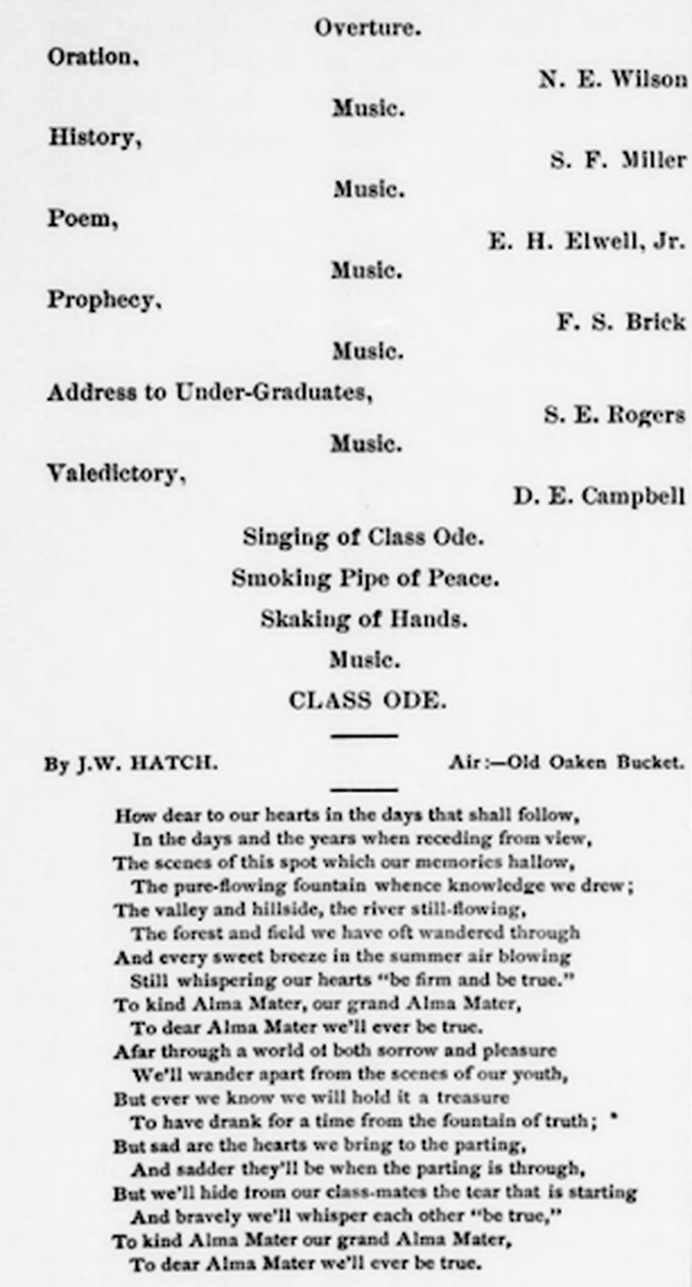
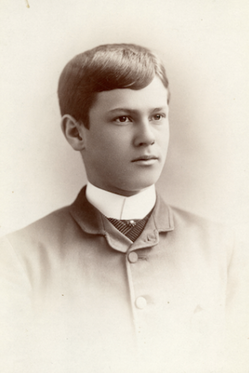


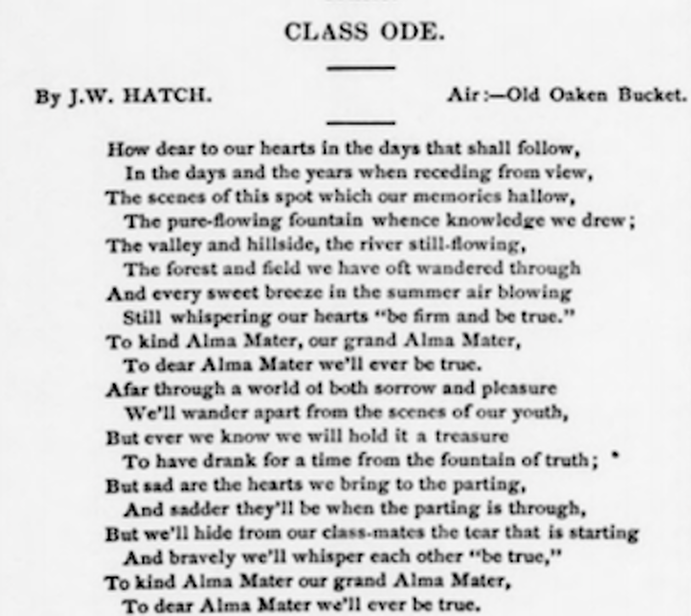
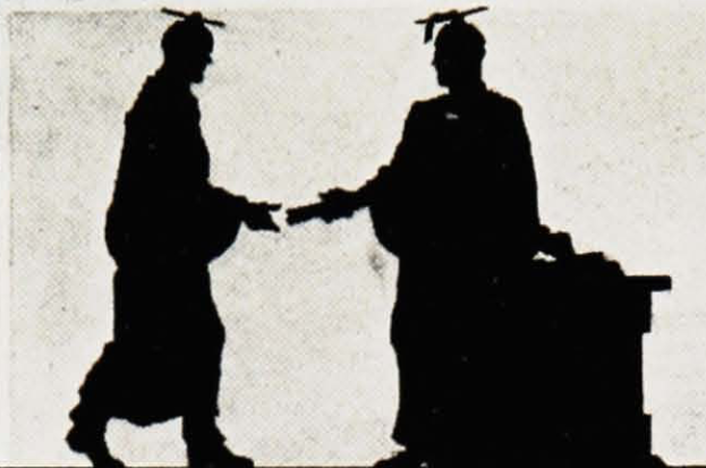
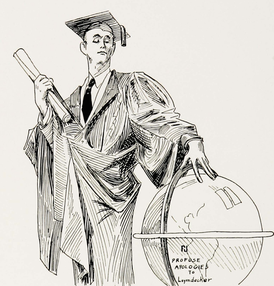
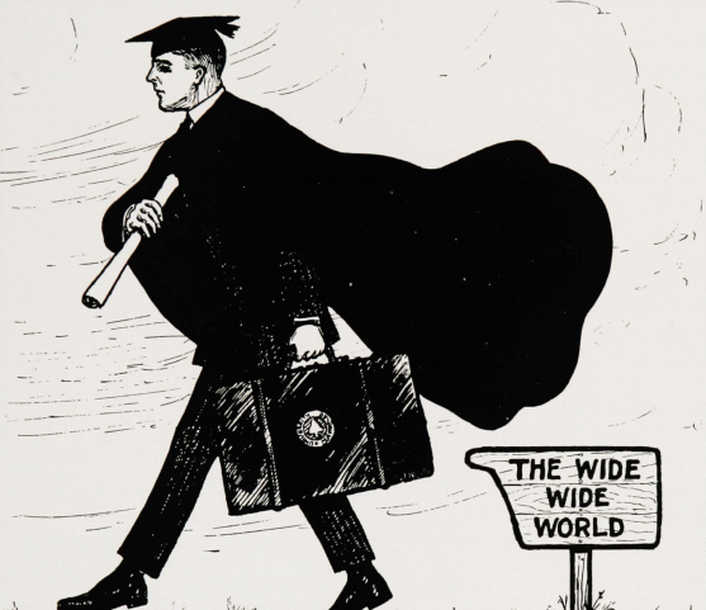
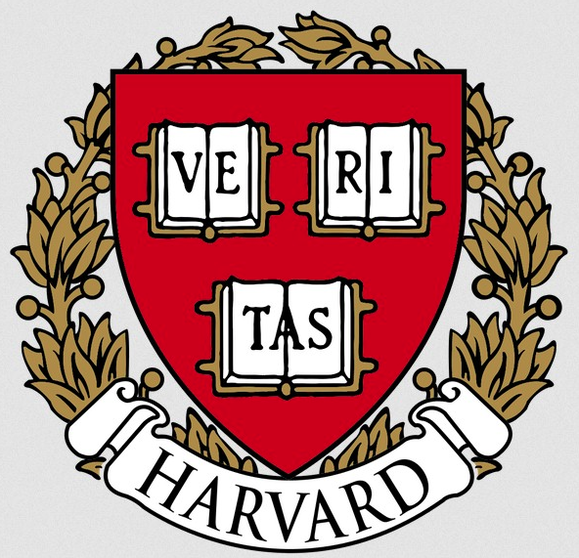
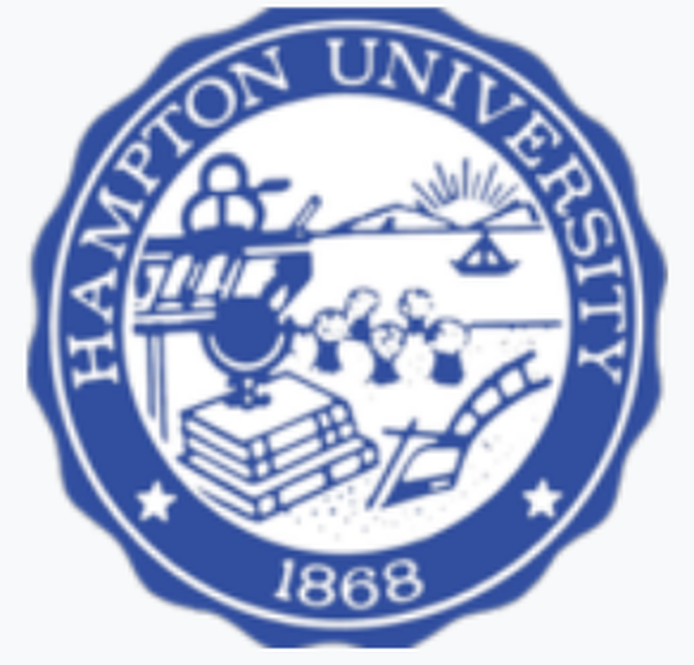
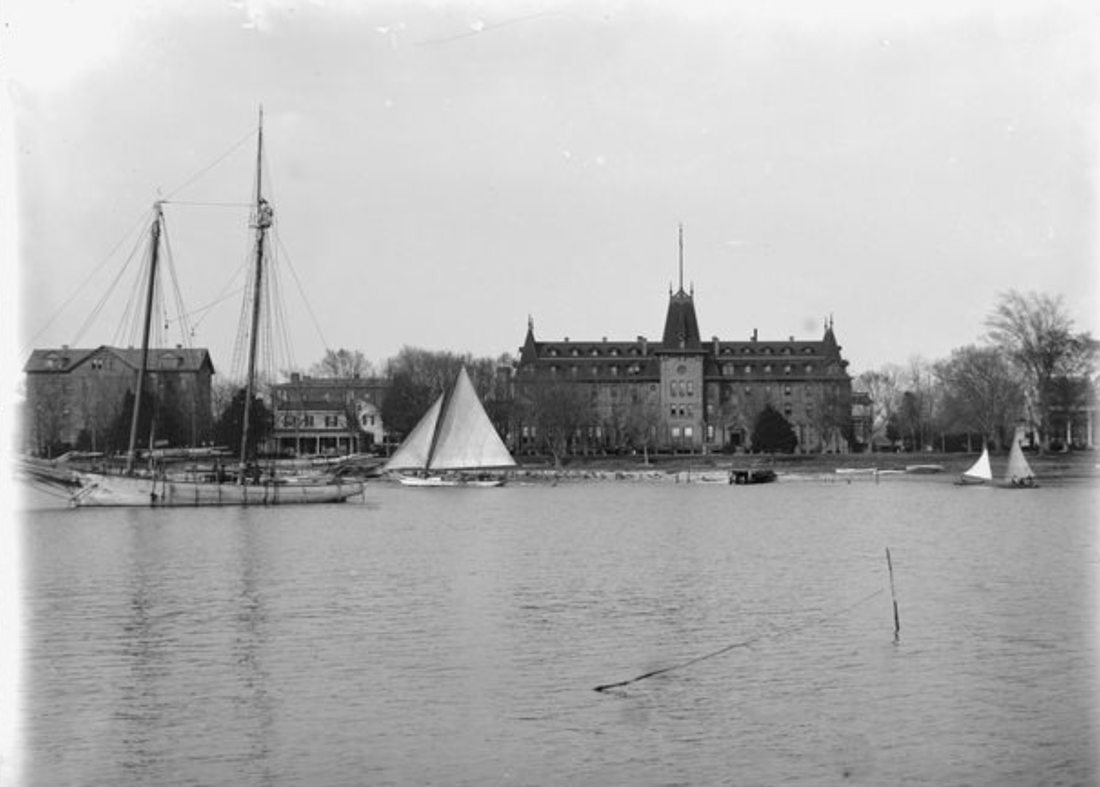
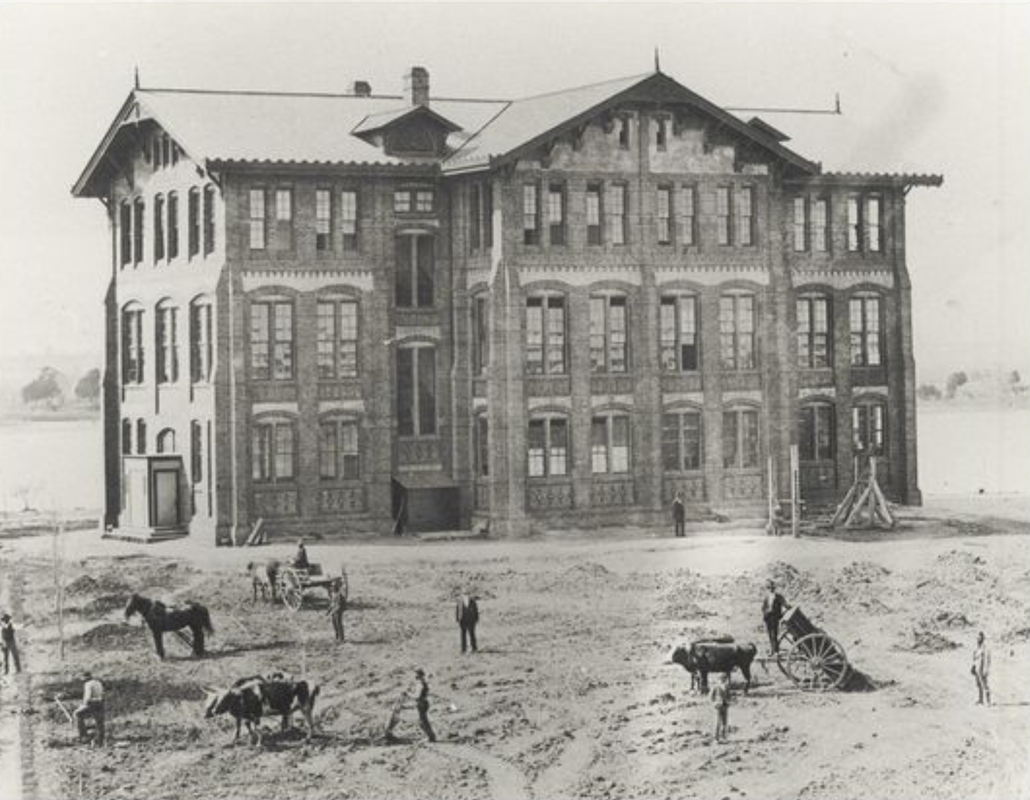
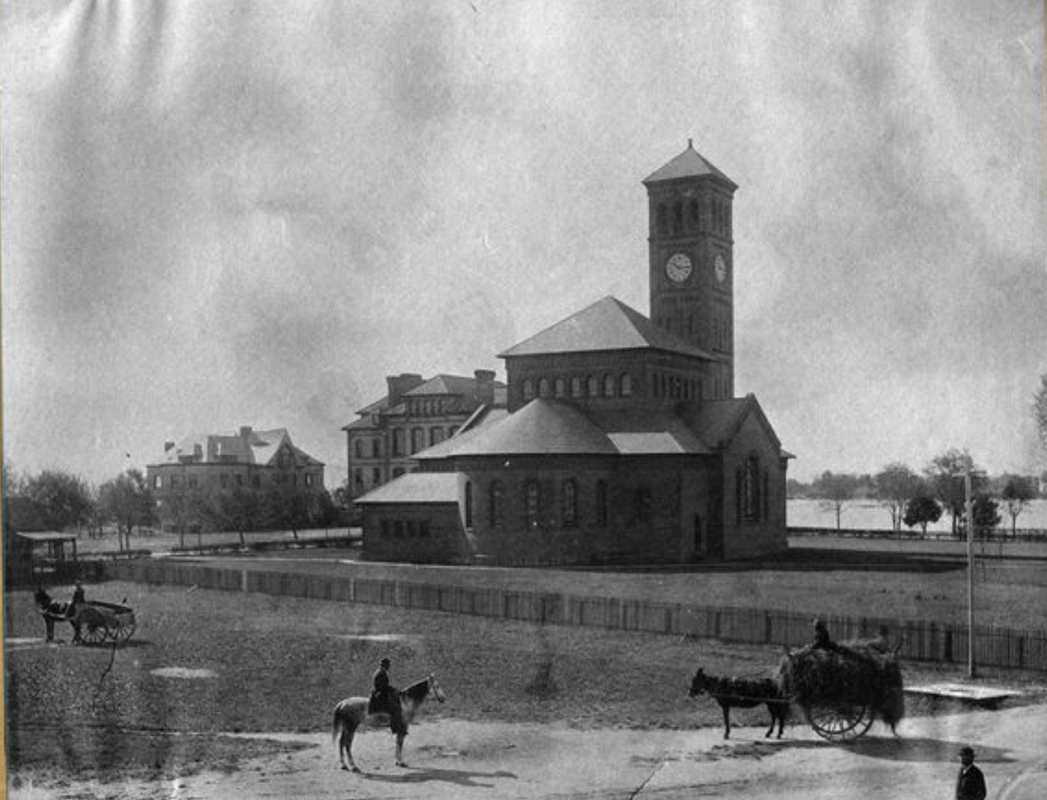
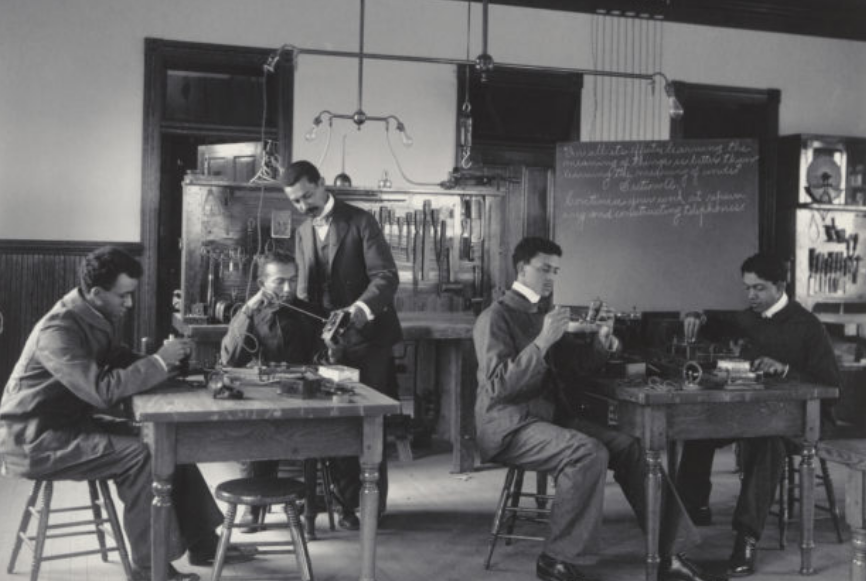
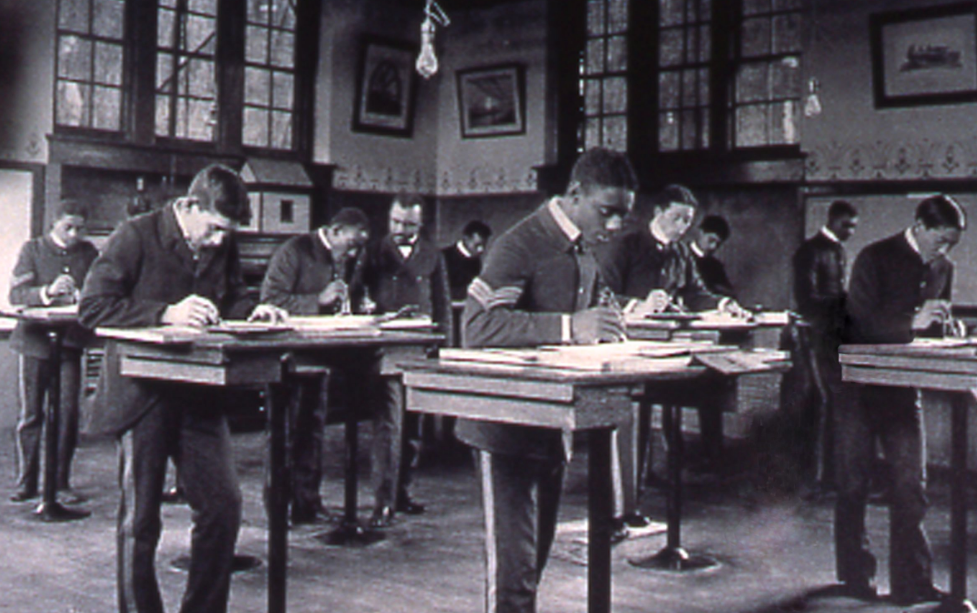
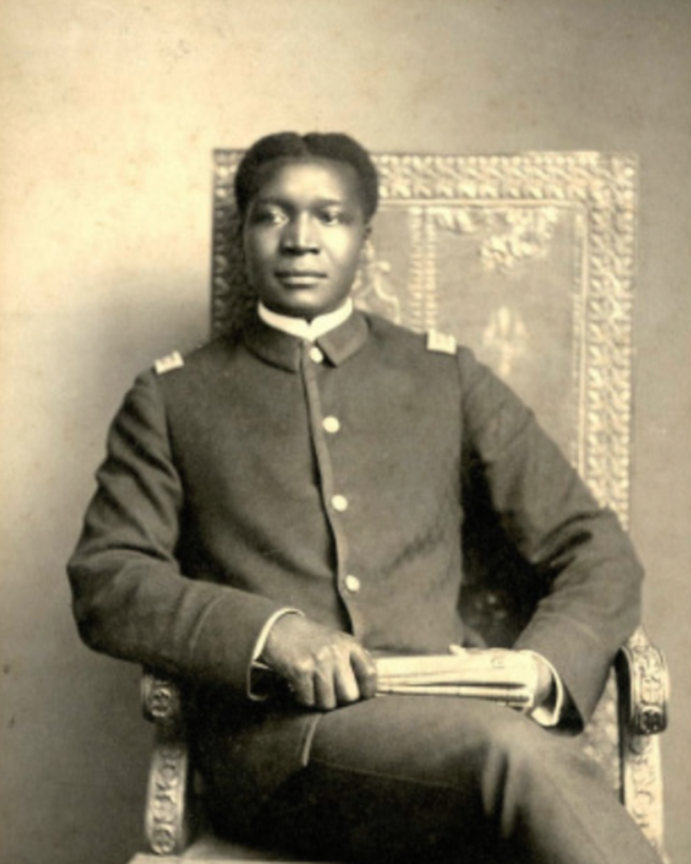

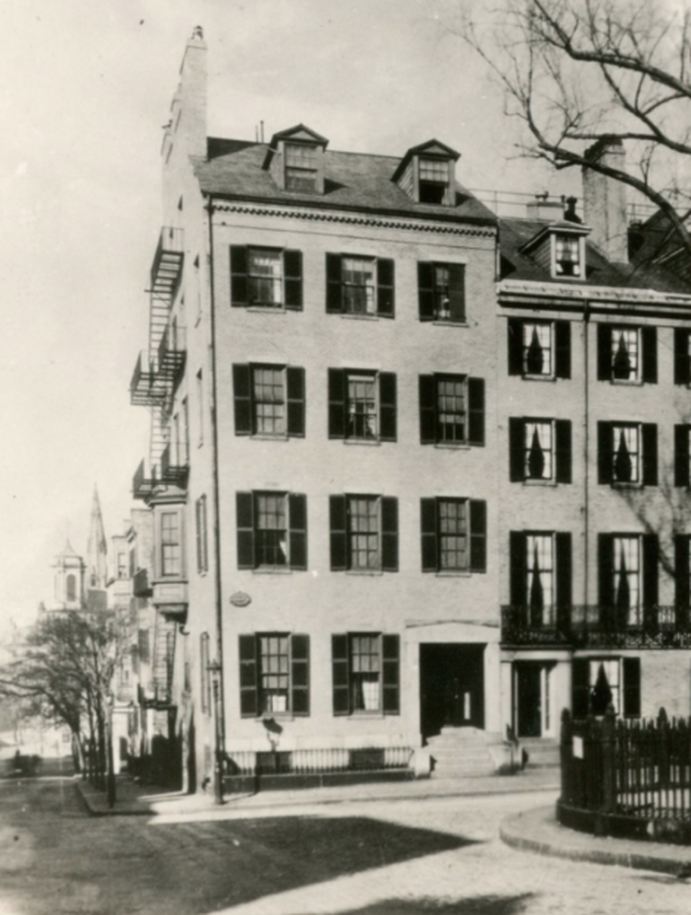

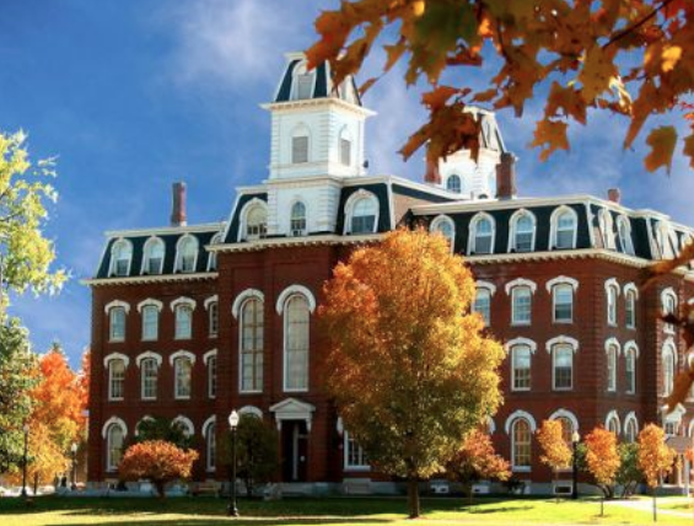
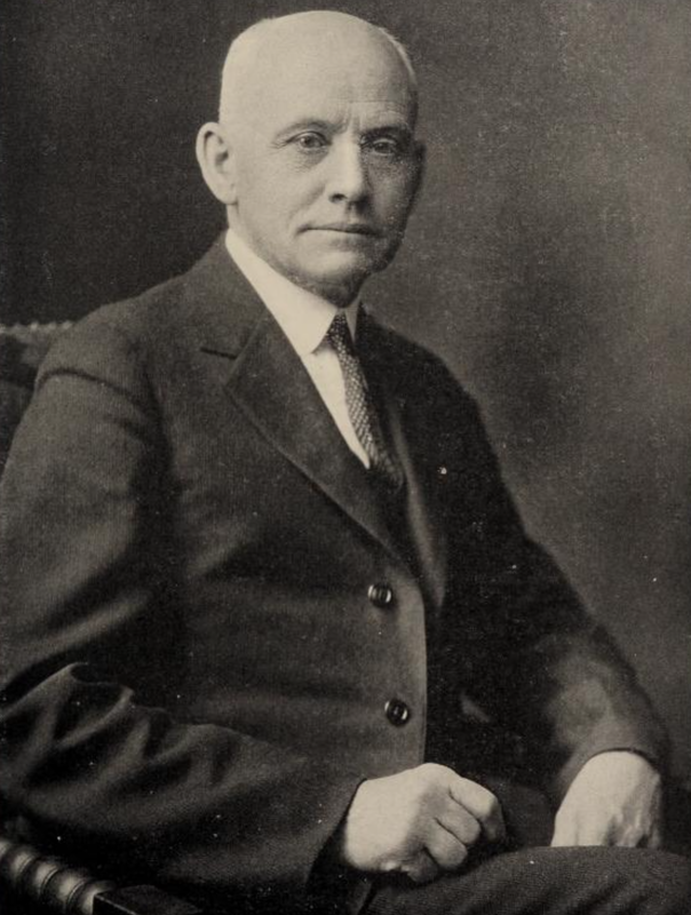
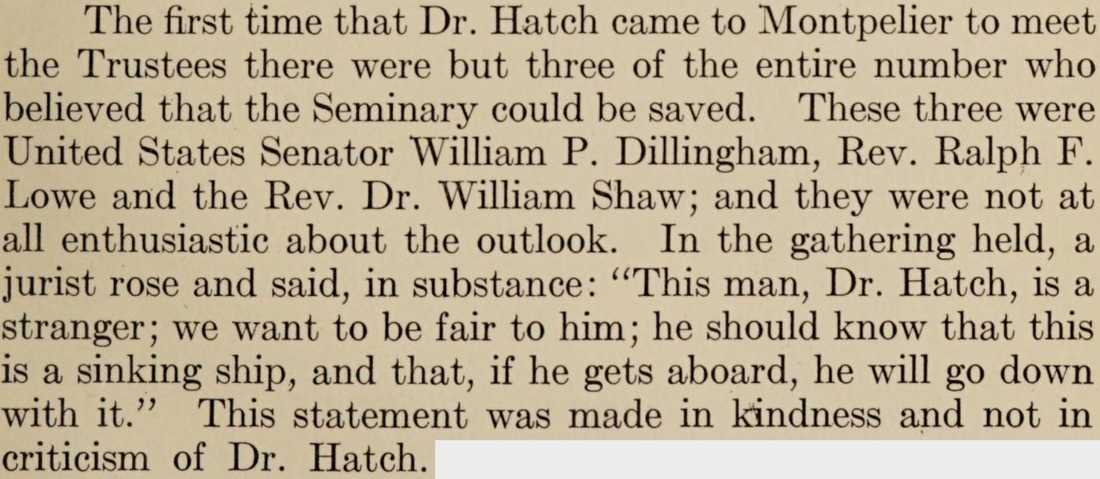

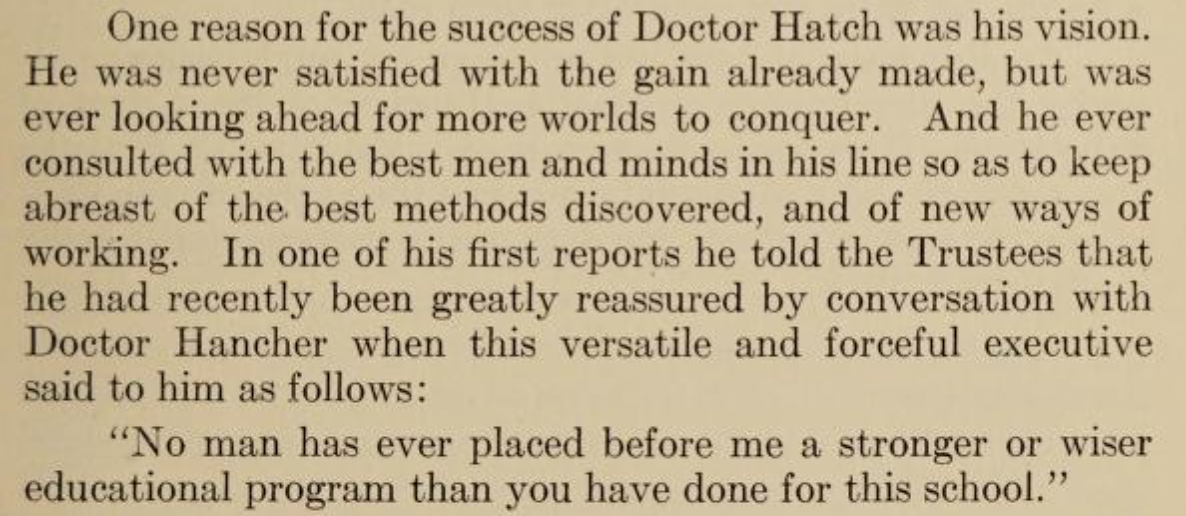
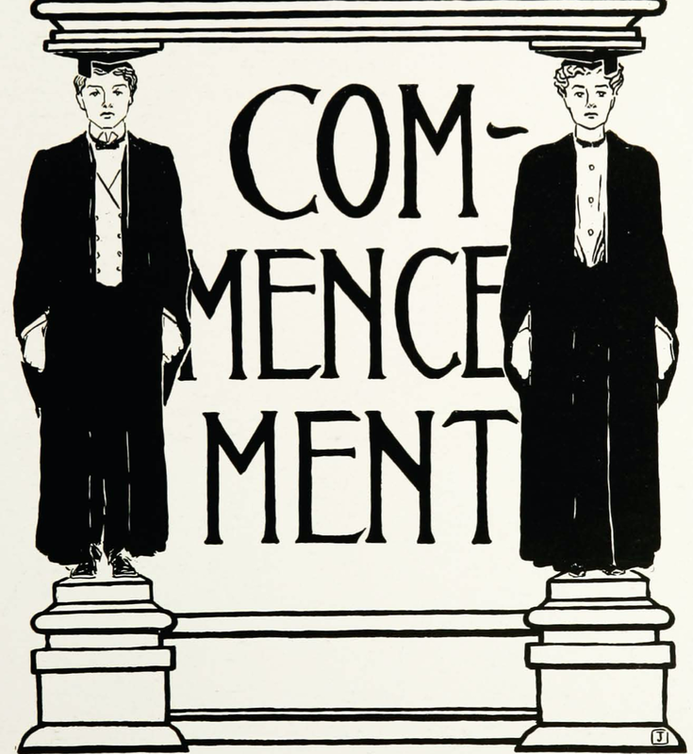
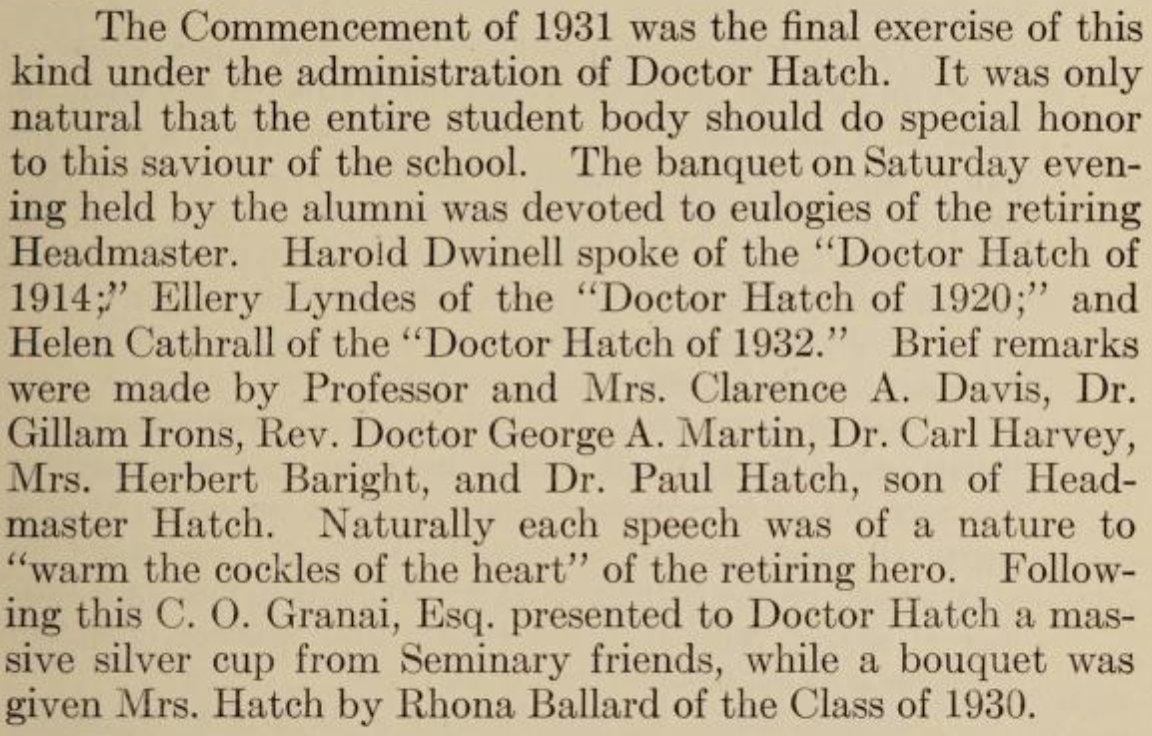
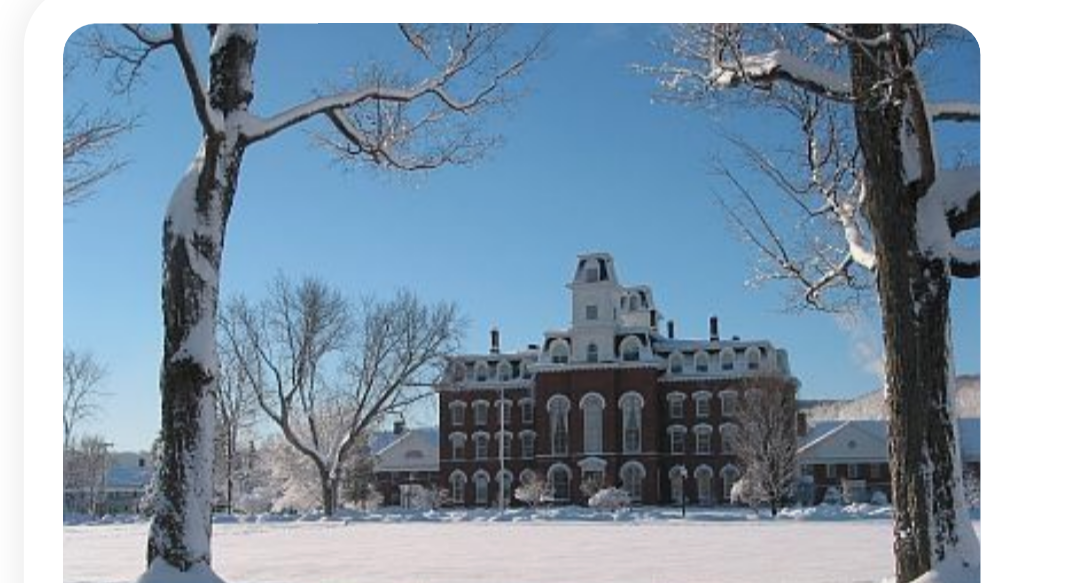

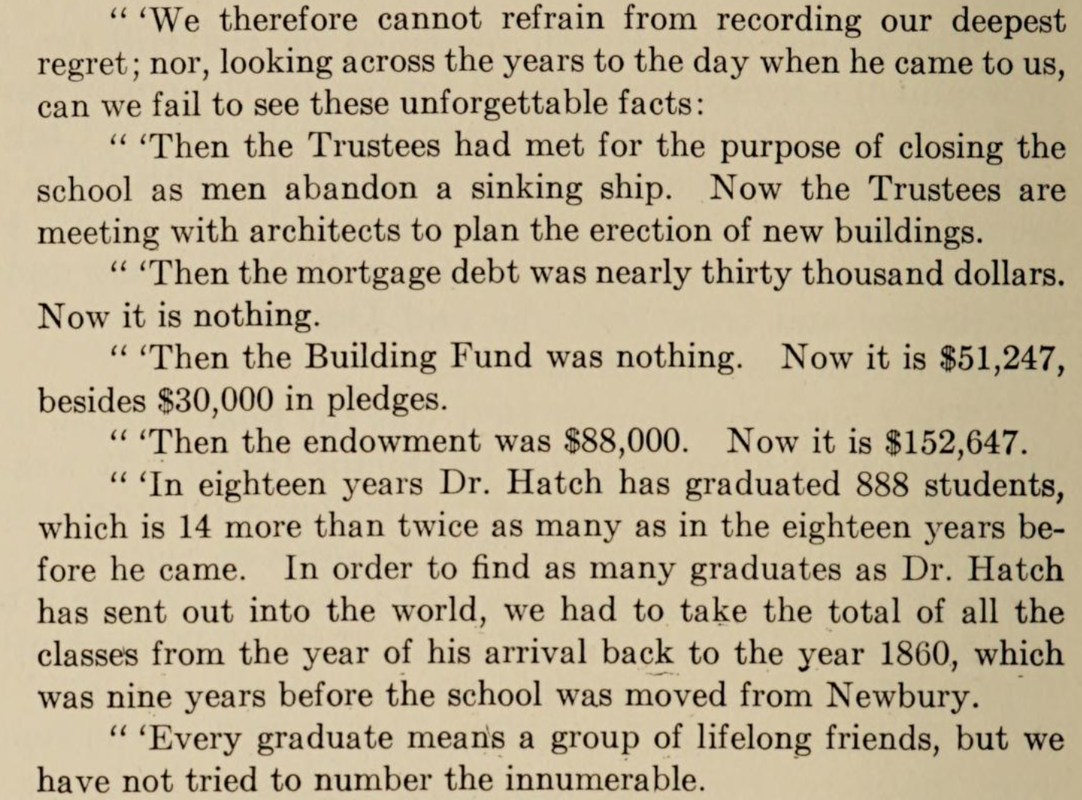


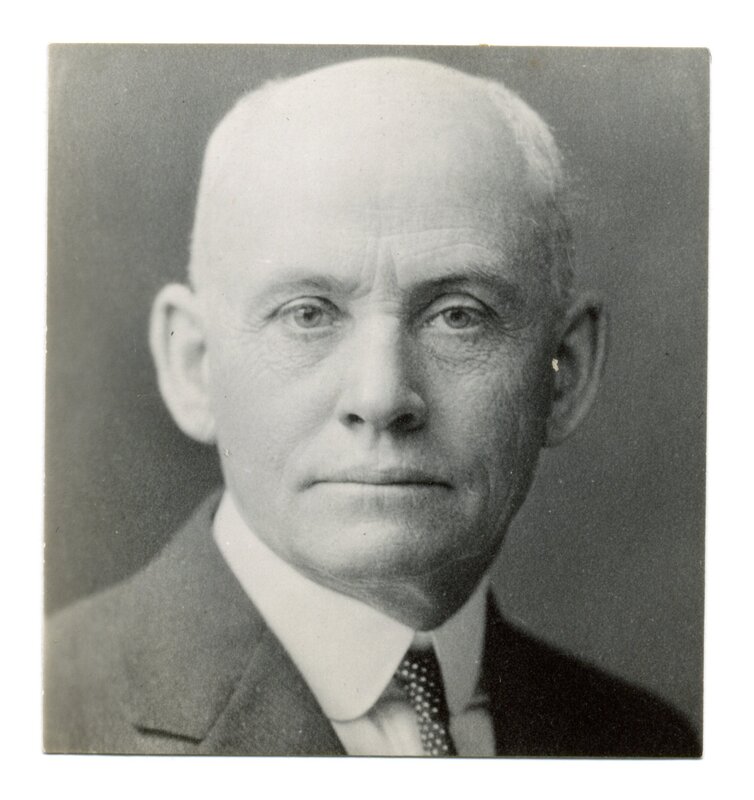

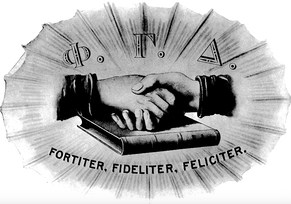


 RSS Feed
RSS Feed